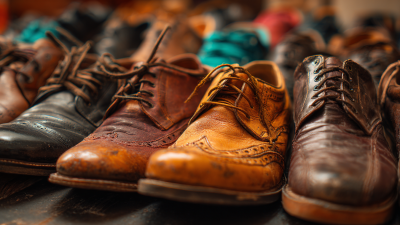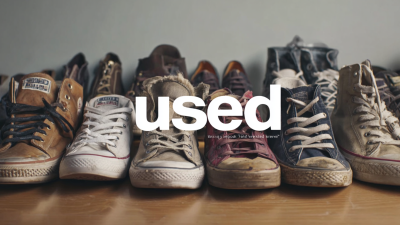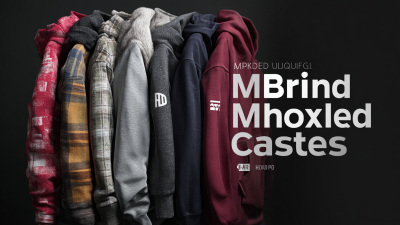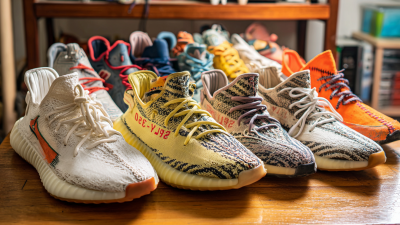Leave Your Message
In recent years, the market for Second Hand Brand Shoes has witnessed remarkable growth, driven by shifting consumer preferences towards sustainability and cost-effectiveness. According to a report by ThredUp, the secondhand market is projected to reach $64 billion by 2024, highlighting a growing trend among consumers to opt for pre-owned items. This rising inclination is particularly evident within the footwear sector, where quality branded shoes are being sought after for their durability and style, making them a desirable choice in the secondhand market.
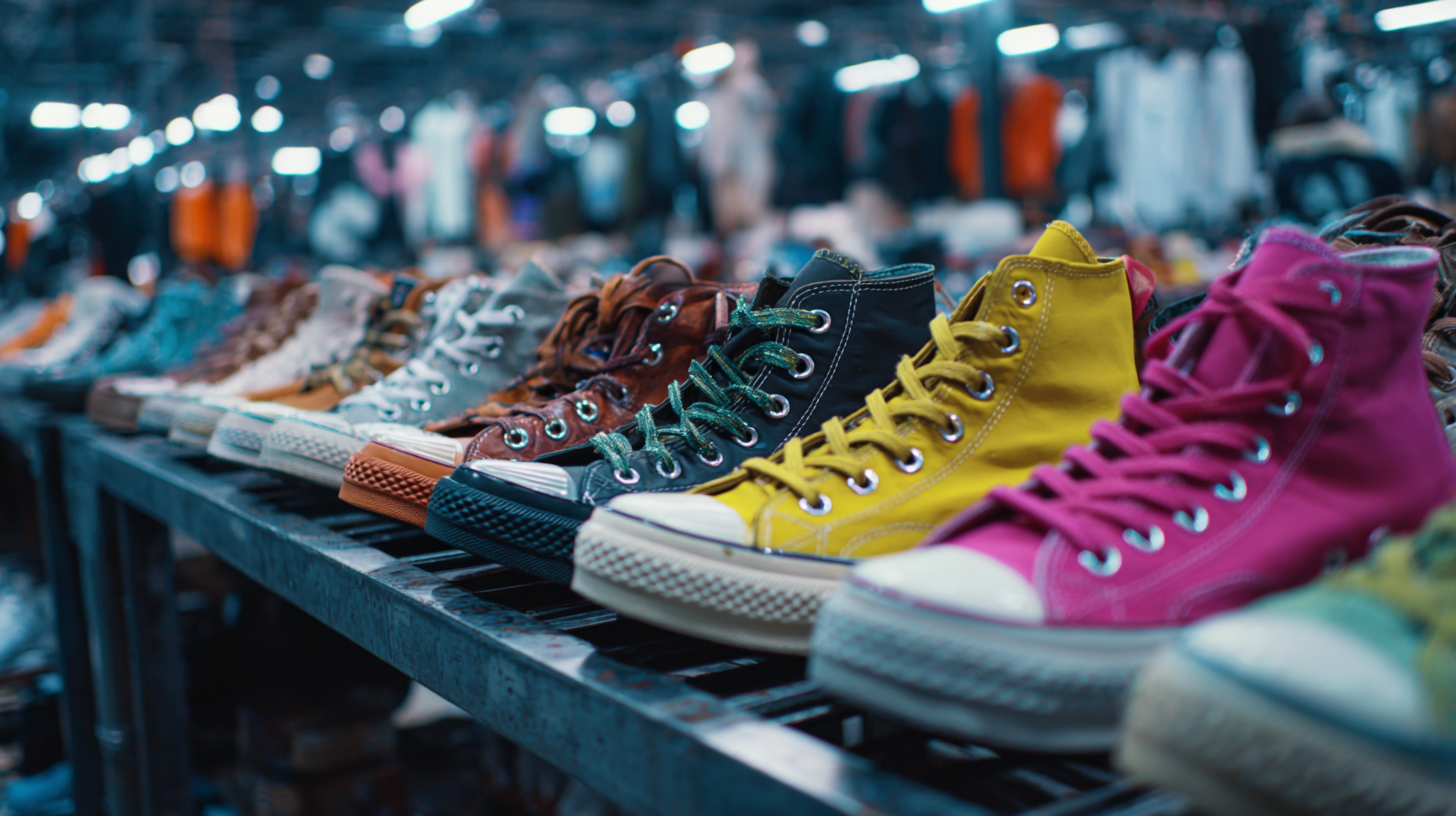
The 138th Canton Fair in 2025 provides an excellent platform to further explore the potential of this segment, showcasing a diverse array of second-hand products and facilitating connections between suppliers and consumers. As sustainability becomes more integral to consumer choices, the demand for second-hand luxury and branded footwear is expected to soar, making this an opportune moment for stakeholders to capitalize on emerging opportunities within this dynamic market.
The global market is witnessing an unprecedented rise in the popularity of second-hand brand shoes, a trend fueled by sustainability movements and economic considerations. Consumers are increasingly seeking eco-friendly options, and purchasing pre-owned footwear aligns perfectly with this ethos. Additionally, the allure of snagging high-end brands at a fraction of their original price adds to the appeal. The 138th Canton Fair in 2025 serves as a pivotal platform to showcase this burgeoning market segment, attracting both suppliers and customers eager to explore quality second-hand options.
Tips: When attending the Canton Fair, consider looking for vendors who specialize in authenticated second-hand brand shoes to ensure you are investing in genuine products. Moreover, familiarize yourself with trending styles and sizes beforehand to enhance your shopping experience and make informed purchases.
The rise of second-hand brand shoes is not merely a passing fad; it reflects a shifting mindset towards consumption. As the younger generations prioritize unique styles and vintage appeal, the market for pre-loved footwear continues to expand. Events like the Canton Fair provide significant opportunities for businesses to tap into this growing consumer base, driving innovation and sustainability in the fashion industry.
Tips: Engage in conversation with sellers about the history and condition of the shoes, as transparency can lead to better deals and trust in the quality of your purchases.
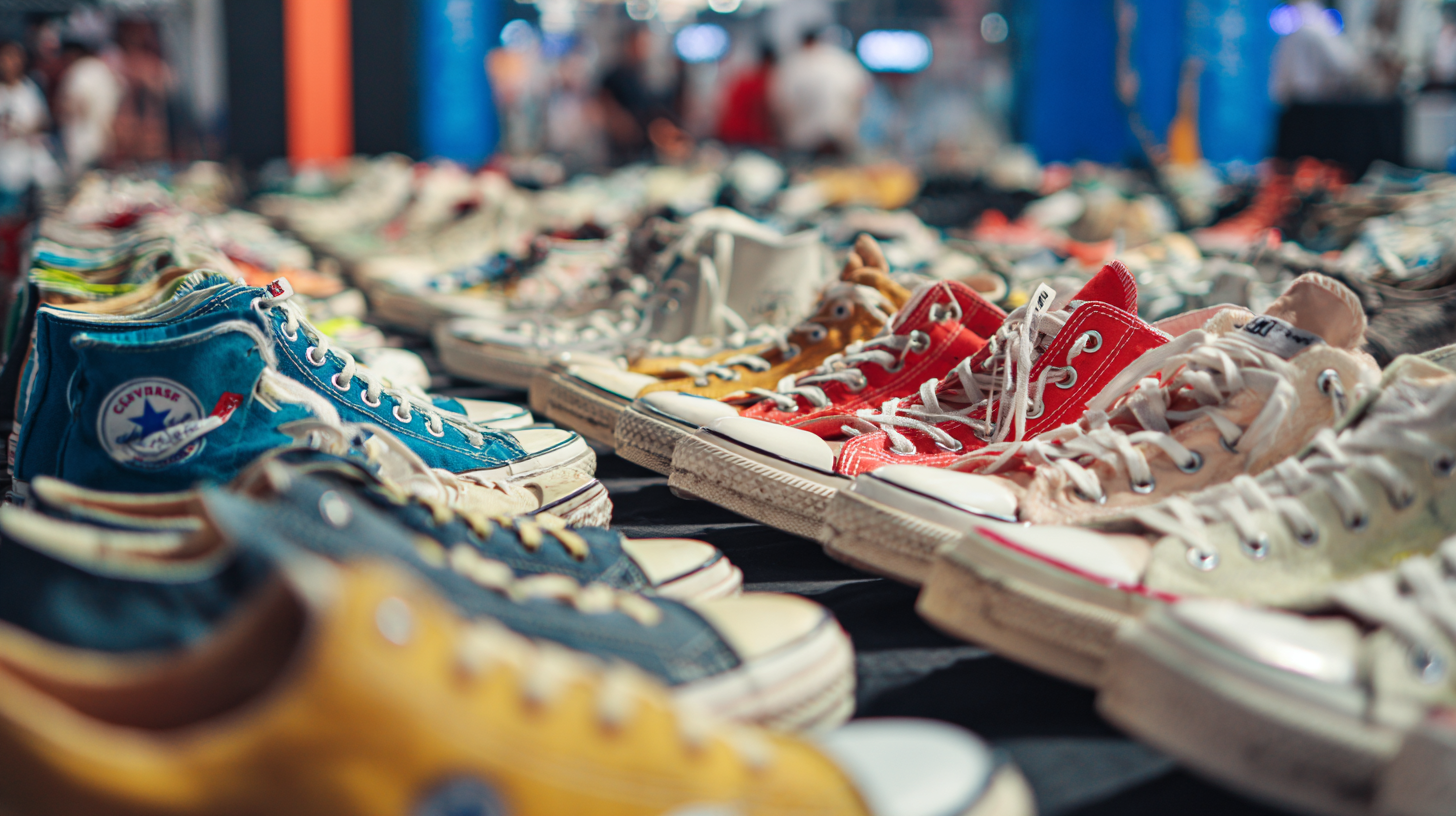
The 138th Canton Fair in 2025 presents a unique opportunity to explore the rising trend of second-hand brand shoes, particularly in light of shifting consumer preferences toward sustainable fashion. With a notable 79% of consumers leaning towards sustainable shopping options, the focus on environmentally friendly products is more prominent than ever. This shift reflects a broader movement towards sustainability in the fashion sector, where brands are increasingly adopting eco-conscious practices.
The global market for sustainable fashion is projected to experience remarkable growth, with the second-hand clothing market expected to reach a staggering value of $5741.9 million by 2025, ultimately soaring to $16379.3 million by 2033 at a compound annual growth rate (CAGR) of 14.0%. This rapid expansion highlights the increasing demand for pre-owned products, as buyers seek quality and affordability while minimizing their environmental impact.
**Tips for Sustainable Shopping:**
1. Look for second-hand options: Thrift stores and online platforms can be treasure troves for high-quality, sustainable fashion pieces.
2. Opt for brands with transparent supply chains: Invest in companies that prioritize ethical production and sustainable materials, ensuring your purchases contribute positively to the environment.
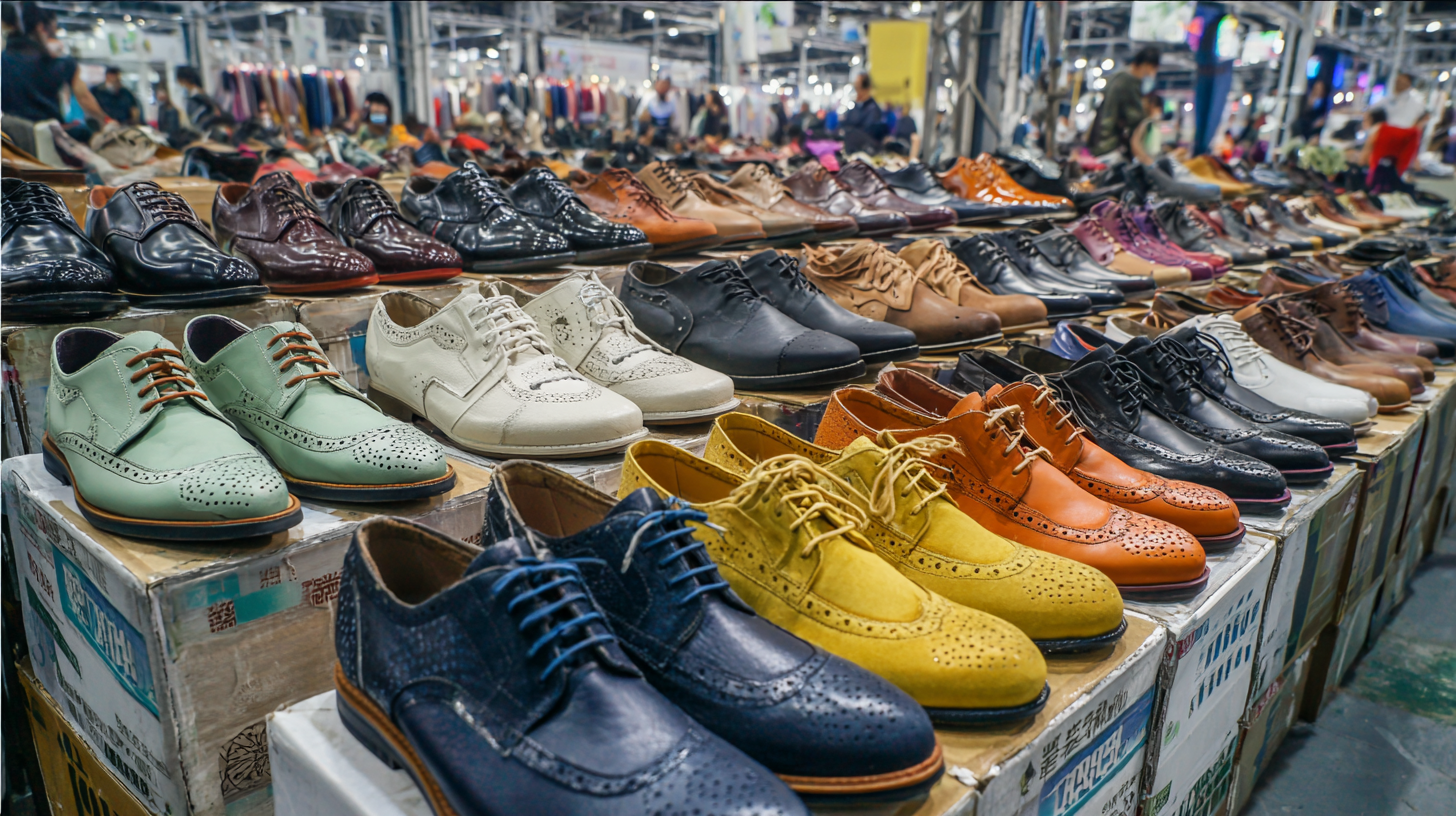
The 138th Canton Fair 2025 is set to be a pivotal event for the second-hand footwear market, showcasing successful brands and innovative practices that underscore the potential of pre-owned luxury shoes. As sustainability becomes increasingly vital in the fashion industry, the fair will highlight companies that have effectively merged style with environmental consciousness. For instance, brands focusing on circular fashion and recycling initiatives are gaining traction, appealing to a broader audience that values both fashion and responsibility.
Several brands participating in the fair are expected to introduce innovative designs and technologies that enhance the appeal of second-hand shoes. This includes unique refurbishment processes and creative marketing strategies that reposition used footwear as desirable and chic. The juxtaposition of classic styles with modern twists not only attracts fashion-savvy consumers but also encourages a shift towards more sustainable shopping habits. As the demand for ethically sourced products grows, the Canton Fair presents an ideal platform for these brands to connect with an audience eager to embrace both tradition and innovation in their footwear choices.
The burgeoning market for second-hand brand shoes has garnered significant attention, especially in the context of the 138th Canton Fair in 2025. To effectively promote these products, it's essential to adopt tailored strategies that resonate with both international buyers and local consumers. A recent report by Statista indicates that the global resale market is projected to reach $64 billion by 2024, highlighting the lucrative potential of second-hand trade. This data emphasizes the need for brands to position themselves strategically to capture this growing consumer interest.
One effective strategy for promoting second-hand shoes at the Canton Fair is leveraging storytelling in marketing. By sharing the unique histories and sustainable benefits of pre-owned footwear, brands can create emotional connections with potential buyers. Additionally, utilizing social media platforms for engaging marketing campaigns can amplify reach; a survey by ThredUp reveals that 62% of consumers say they are motivated to buy second-hand items because it is better for the environment. Hence, integrating sustainability messaging into promotional materials not only aligns with consumer values but can also enhance brand reputation. Moreover, offering interactive experiences at the fair, such as live demonstrations of shoe restoration techniques, can foster deeper connections and encourage purchases.
| Category | Average Price (USD) | Condition | Popularity Level | Sustainability Score (1-10) |
|---|---|---|---|---|
| Athletic Shoes | 75 | Good | High | 8 |
| Casual Shoes | 50 | Fair | Medium | 7 |
| Formal Shoes | 100 | Like New | High | 9 |
| Sandals | 30 | Good | Low | 6 |
| Boots | 85 | Fair | Medium | 7 |
The second-hand shoe industry presents a unique blend of challenges and opportunities, especially in the context of major trade events like the 138th Canton Fair in 2025. With consumers increasingly drawn to sustainable fashion choices, the demand for second-hand brand shoes is on the rise. However, sellers must navigate issues such as quality assurance, market perception, and the logistics of sourcing and distributing these products.
One significant challenge is maintaining the quality and authenticity of second-hand shoes. Buyers are often wary, fearing counterfeit products or poorly maintained items. To alleviate these concerns, sellers should prioritize transparent sourcing methods and offer guarantees on quality. Building trust through clear communication and reliable customer service can enhance consumer confidence in purchasing second-hand items.
**Tips:** When sourcing second-hand shoes, consider developing partnerships with reputable suppliers who can provide verifiable product histories. Additionally, leveraging social media platforms to showcase customer testimonials can help mitigate trust issues. Lastly, educate consumers on the environmental benefits of purchasing second-hand footwear to create a more appealing narrative around the value of these products.
